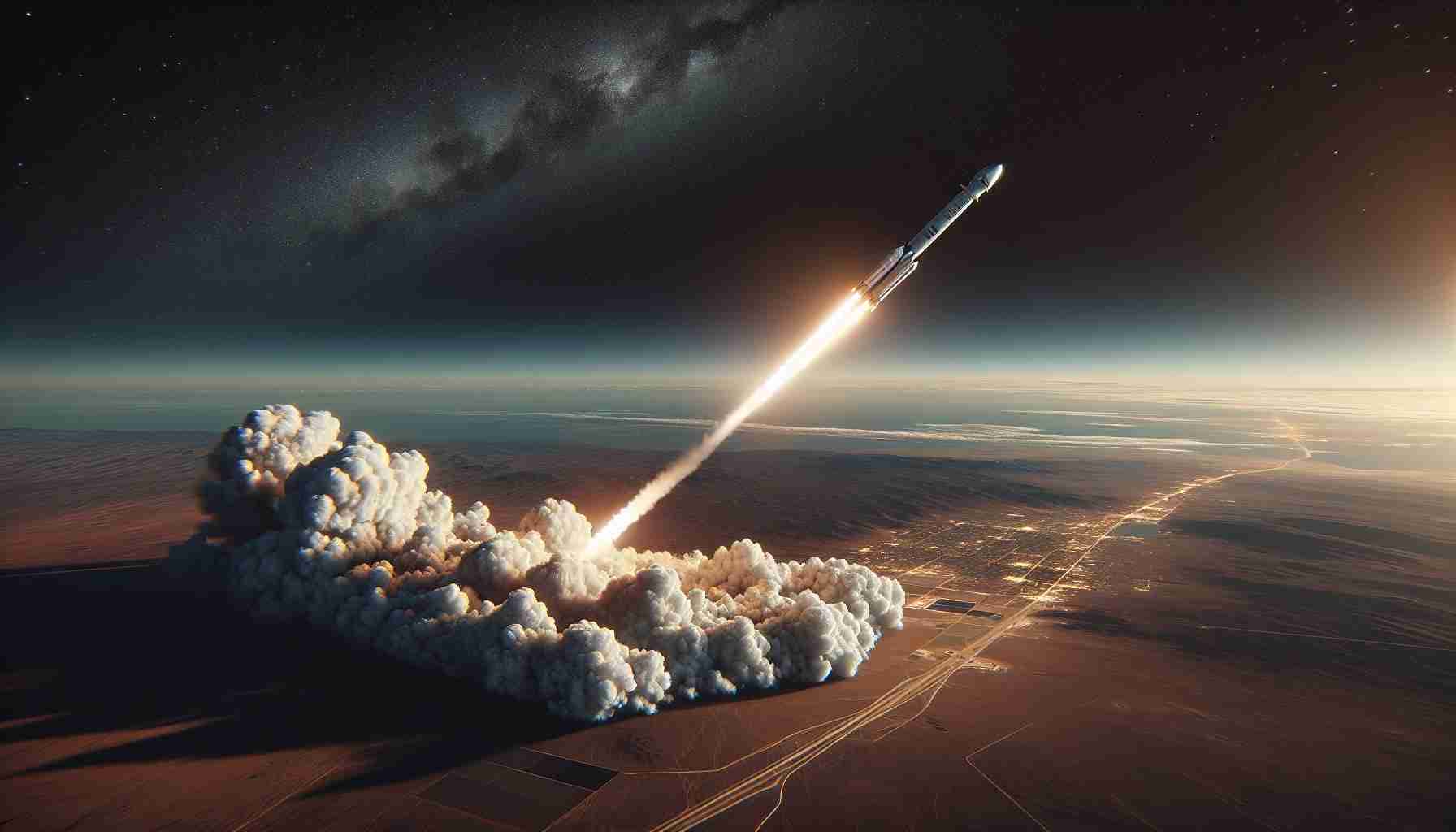SpaceX has reached a momentous milestone with the 400th launch of its reliable Falcon 9 rocket. On November 27, the rocket successfully deployed 24 more Starlink satellites into orbit, showcasing the ongoing expansion of SpaceX’s satellite constellation. The launch originated from Launch Complex 39A at the Kennedy Space Center, while the rocket booster successfully landed on SpaceX’s drone ship, A Shortfall of Gravitas. This marked the 375th successful recovery of a booster, emphasizing SpaceX’s focus on reusability and efficiency.
The booster involved in this flight had already been launched 15 times, highlighting the robust design and reliability of the Falcon 9 system. Notably, this booster has been used in a variety of missions, including the Crew-6 and multiple Starlink deliveries, demonstrating the versatility of the rocket in different mission profiles.
Continued demand for Starlink has been a significant driving factor for the high launch frequency of the Falcon 9. However, the rocket’s capabilities have also attracted other customers such as OneWeb and Amazon, which have used the Falcon 9 for their own satellite deployments. Government entities, including NASA, have also relied on SpaceX, adding the upcoming launch of the Dragonfly mission to Saturn’s moon, Titan, to the company’s burgeoning contract list.
Despite facing challenges, including technical setbacks with the second stage and a rare booster landing incident, SpaceX’s Falcon 9 has maintained a strong safety record. Although the company continues to address quality issues, it has not lost a customer payload since 2015.
SpaceX is on a record-setting pace, with 117 of its launches occurring in 2024 alone, pointing towards a potential total of 136 launches if upcoming plans proceed smoothly. The future looks bright for SpaceX as more missions line up for both public and private entities.
How SpaceX’s Falcon 9 Launches are Shaping the Future of Space Exploration and Technology
Introduction to the SpaceX Phenomenon
SpaceX has achieved an incredible milestone with the 400th launch of its Falcon 9 rocket, further solidifying its position as a leader in space technology. While the news highlights the deployment of additional Starlink satellites, there are numerous underlying implications and exciting developments stemming from this achievement that impact both humanity and technological advancement.
Reusability: A Game Changer in Space Travel
A key factor in SpaceX’s success is the reusability of its rockets, with the latest flight marking the 375th successful booster recovery. This achievement underscores the significant cost savings and efficiency improvements that reusable rockets bring. The concept of reusable launch vehicles challenges traditional models of space exploration, which relied heavily on discarding costly components after a single use.
Impacts of Reusability
Reusability drastically reduces the cost of accessing space, making it more feasible for smaller companies and international players to participate in satellite launches and other missions. This democratization of space technology fosters innovation and competition, potentially leading to new discoveries and advancements in science and industry.
Expanding Horizons for Humanity
With its growing satellite constellation, SpaceX is enhancing global internet connectivity, especially in remote and underserved areas. This development promotes digital inclusion, allowing for more robust economic development, improved education, and enhanced communication worldwide.
Furthermore, SpaceX’s launch capabilities are supporting scientific missions, including NASA’s upcoming Dragonfly mission to Titan. These collaborations facilitate broader research opportunities and the potential for profound scientific discoveries about our solar system.
Controversies and Concerns
Despite these benefits, some controversies surround SpaceX’s rapid pace of development. One major concern is the potential for increased space debris, which could pose a threat to both manned missions and existing satellites. The proliferation of satellites also raises questions about the long-term sustainability of space operations.
Advantages and Disadvantages
While SpaceX’s technological innovations offer numerous advantages, such as cost savings, increased access to space, and enhanced connectivity, there are also disadvantages. These include potential environmental impacts, issues of space debris, and the risk of market monopolization by a single player dominating the satellite launch market.
Future Prospects and Innovations
What does the future hold for space technologies? As companies like SpaceX continue to innovate, there is potential for more ambitious projects, including Mars colonization and deeper space exploration. These endeavors could fundamentally change human life and our understanding of the universe.
Conclusion: Questions to Consider
As we contemplate the monumental strides being made in space exploration, several questions arise: How can we balance innovation with sustainability in space? What measures should be implemented to mitigate space debris? And how can increased global collaboration in space lead to greater technological and societal advances?
For more insights into the incredible advancements in space technology, visit SpaceX and NASA.







